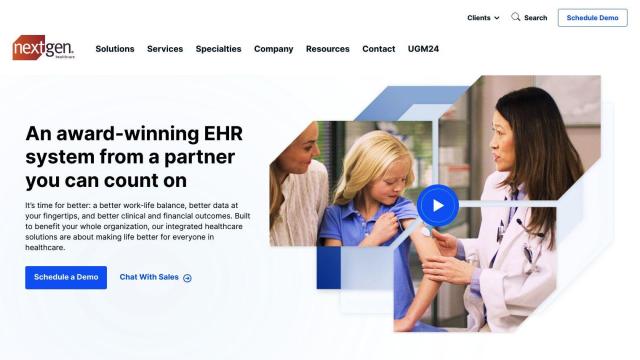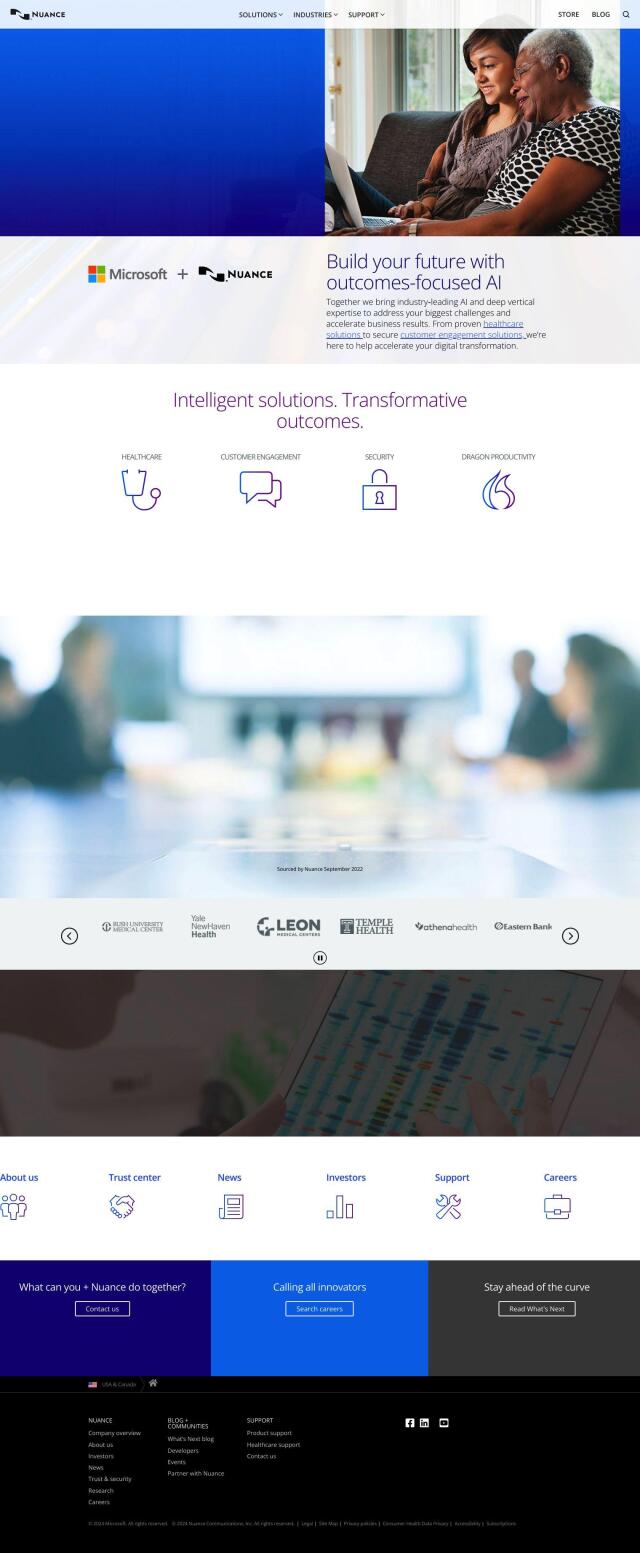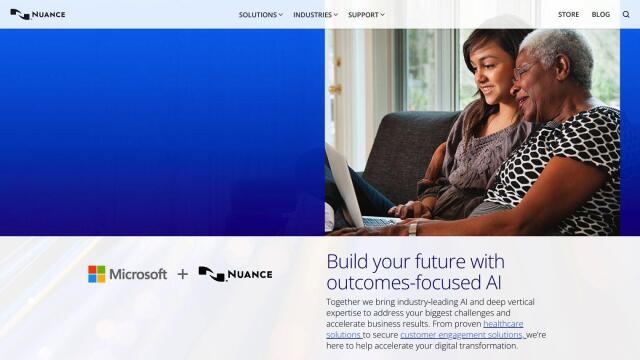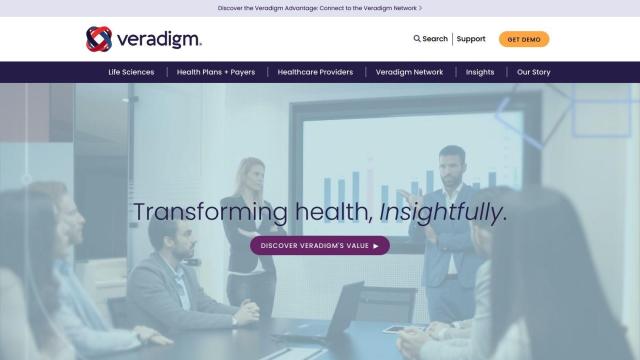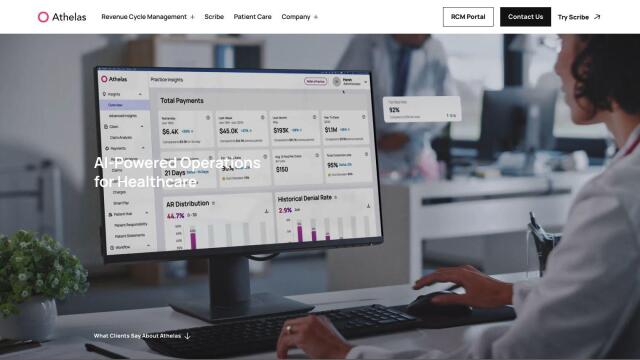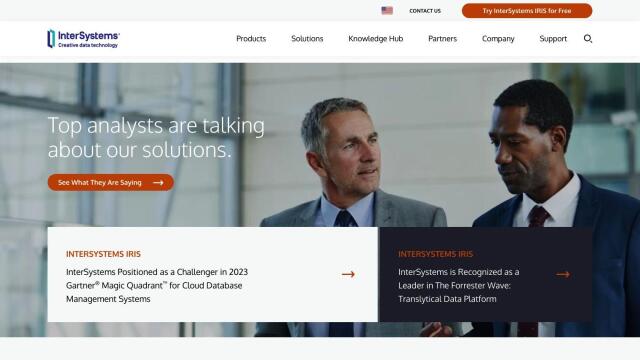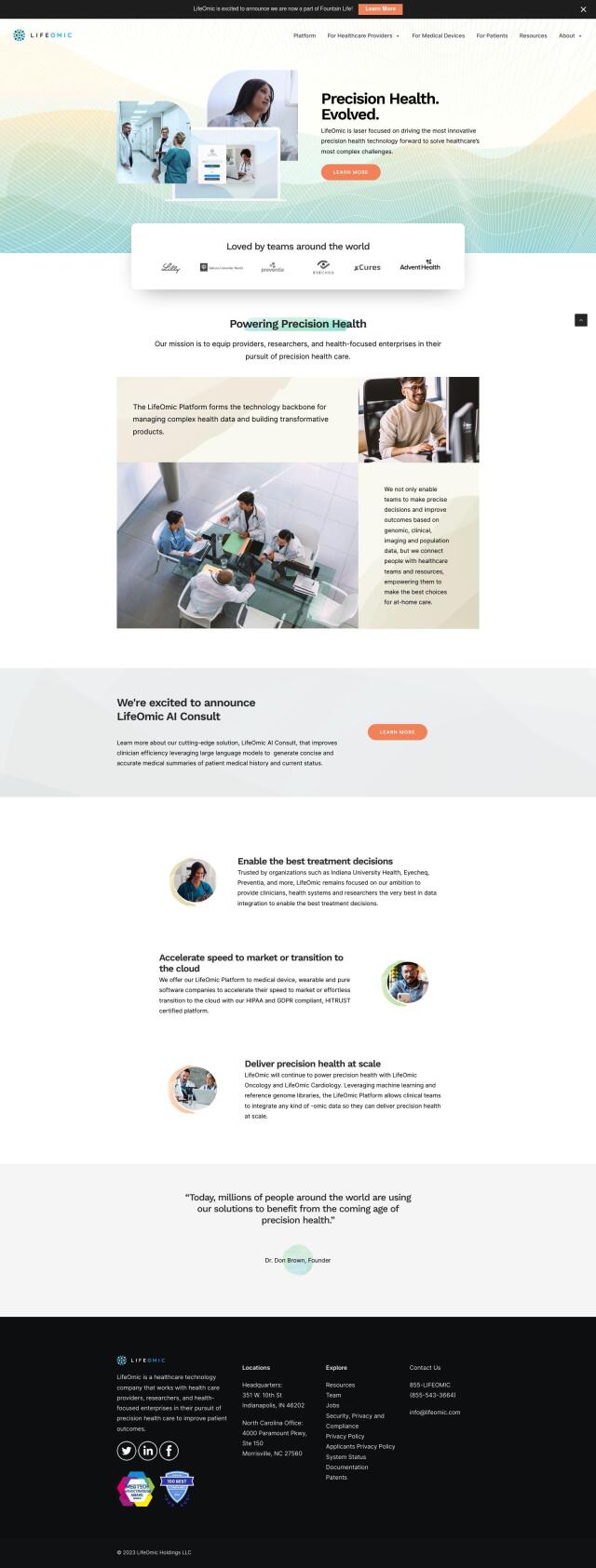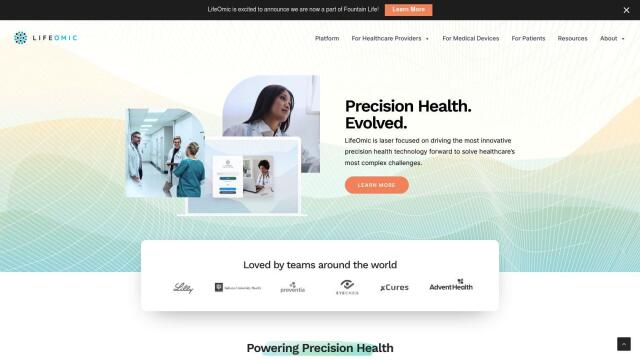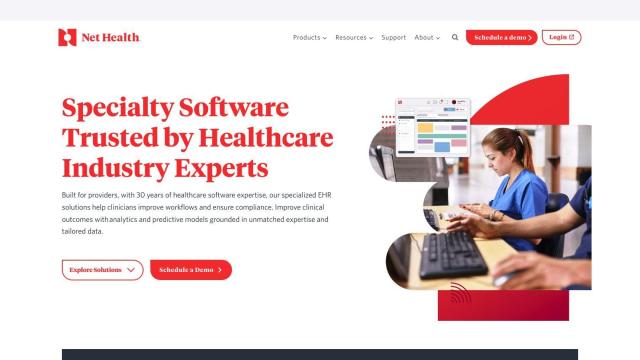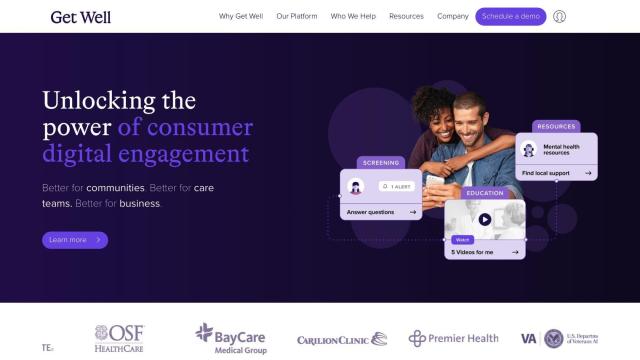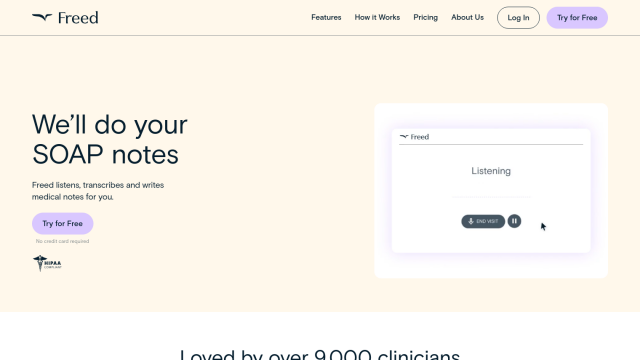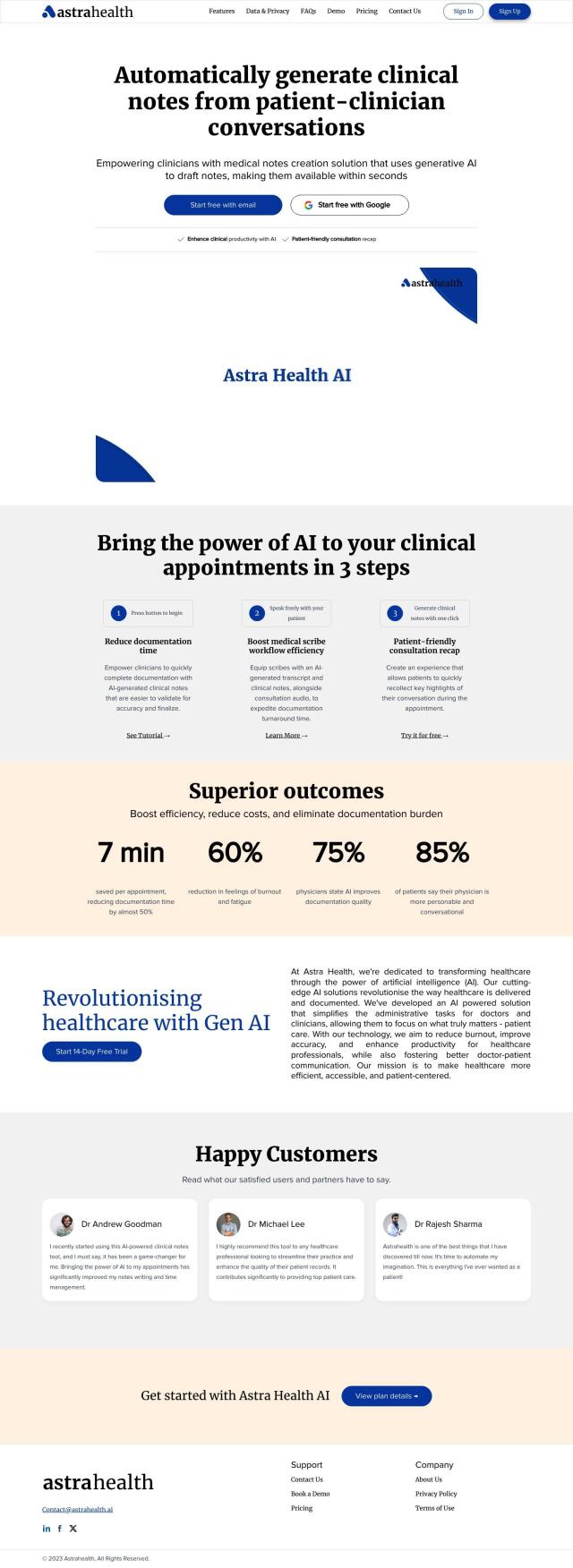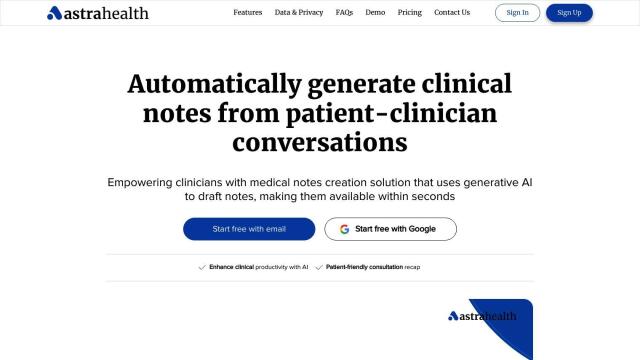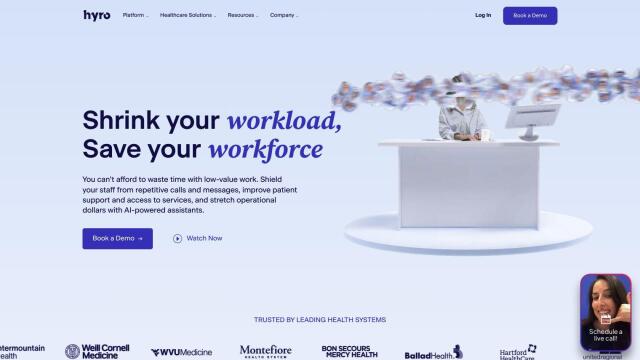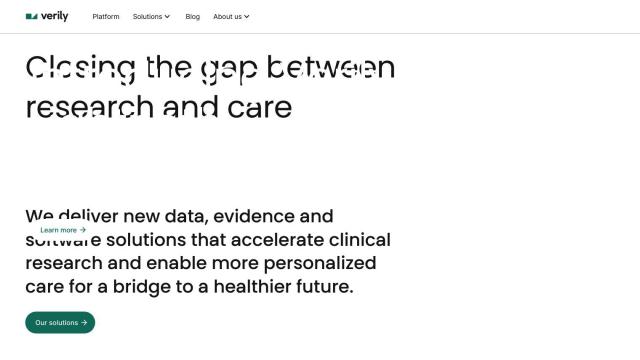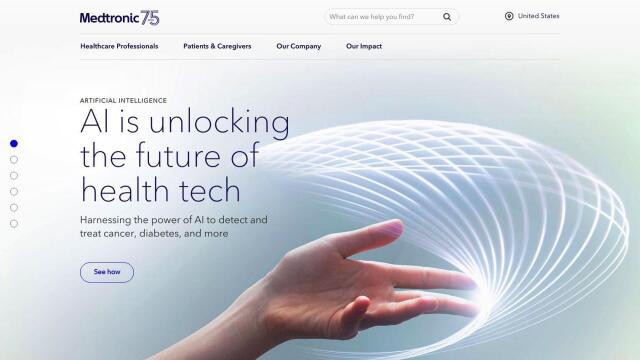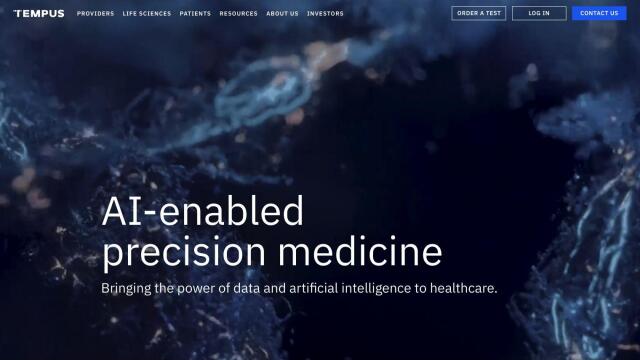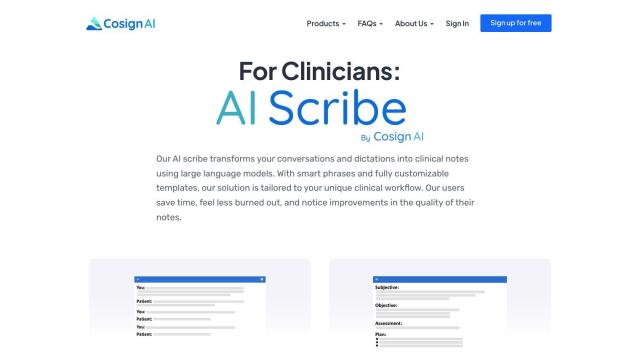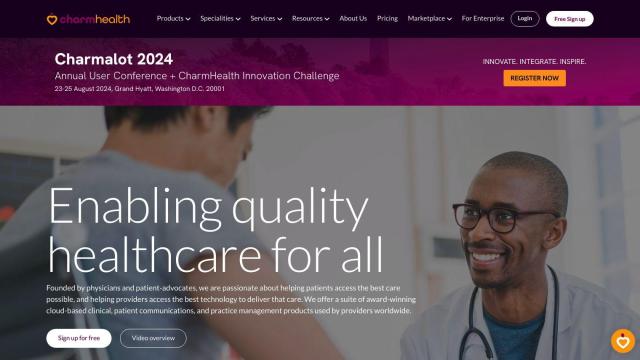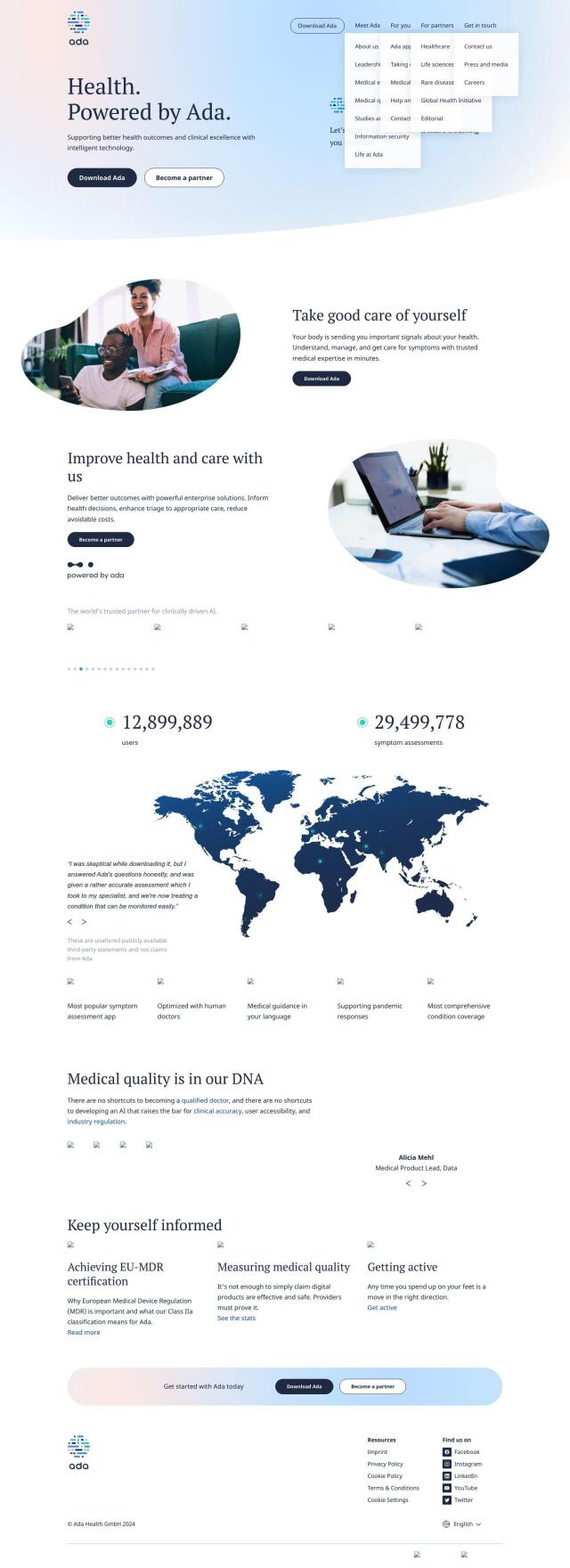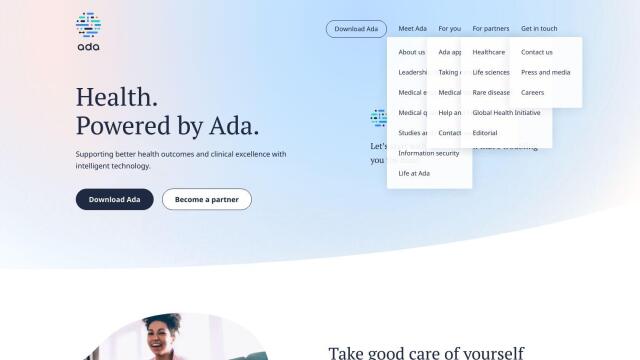Question: Is there a solution that allows healthcare providers to streamline care and improve efficiency while making data-driven decisions?

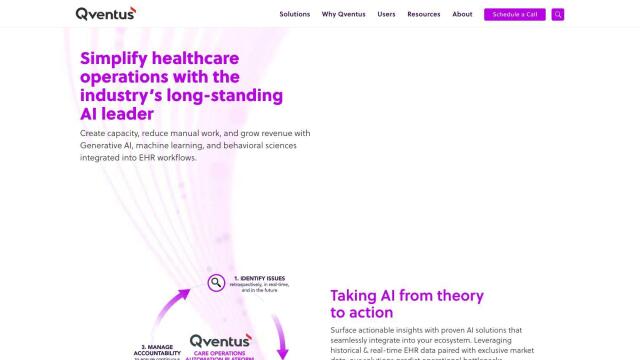
Qventus
For health systems seeking to modernize care and make data-driven decisions, Qventus provides a full suite of healthcare operations solutions. Using AI and machine learning, Qventus automates workflows, predicts operational bottlenecks and recommends actions to optimize patient flow and operational performance. Bi-directionally integrated with multiple EHR systems, Qventus can revolutionize healthcare operations by automating tasks such as phone calls and document processing, and improving surgical scheduling and discharge planning.

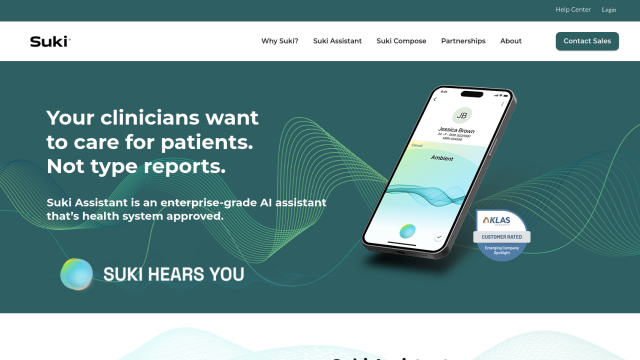
Suki
Another exciting option is Suki, an AI-powered voice assistant that helps alleviate administrative burdens for clinicians. Suki automates clinical workflows with features like ambient note generation, dictation and code suggestion. It integrates deeply with leading EHR systems like Epic and Cerner, ensuring data is handled securely and in compliance. By reducing documentation time and increasing productivity, Suki can help health systems achieve substantial cost savings and better patient care.

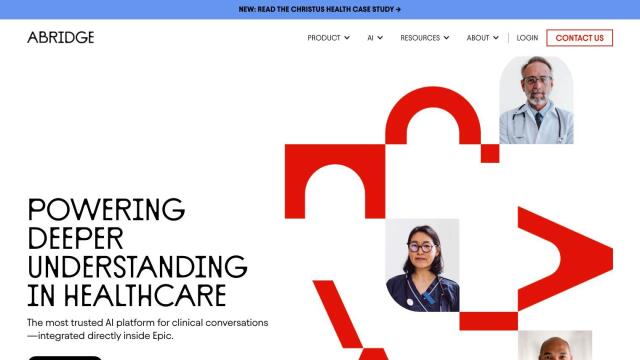
Abridge
Also worth mentioning is Abridge, a generative AI platform that turns clinical conversations into structured notes. Integrated directly with Epic systems, Abridge supports multiple languages and is trained on clinically validated summaries across more than 50 specialties. The platform relieves documentation burdens, freeing clinicians to spend up to 70 hours per month on patient care instead of paperwork, and improves work-life balance by giving them more time to focus on patients.

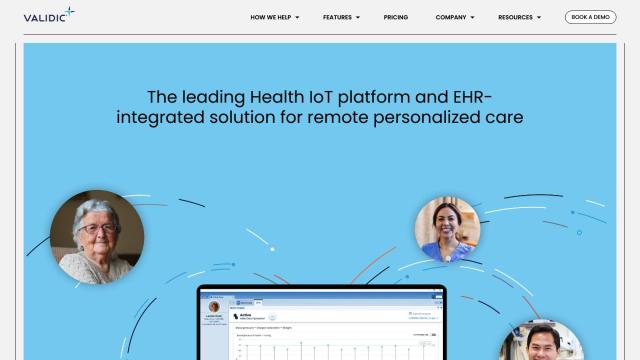
Validic
Last, Validic offers a full Health IoT platform that aggregates health devices and apps to deliver insights for clinicians and patients. With deep EHR integration, Validic helps manage patient health data to inform clinical decisions and streamline clinical workflows. Its features include remote patient monitoring, digital logbooks and active alerting, making it a great option for health systems looking to personalize care and optimize population health programs.

